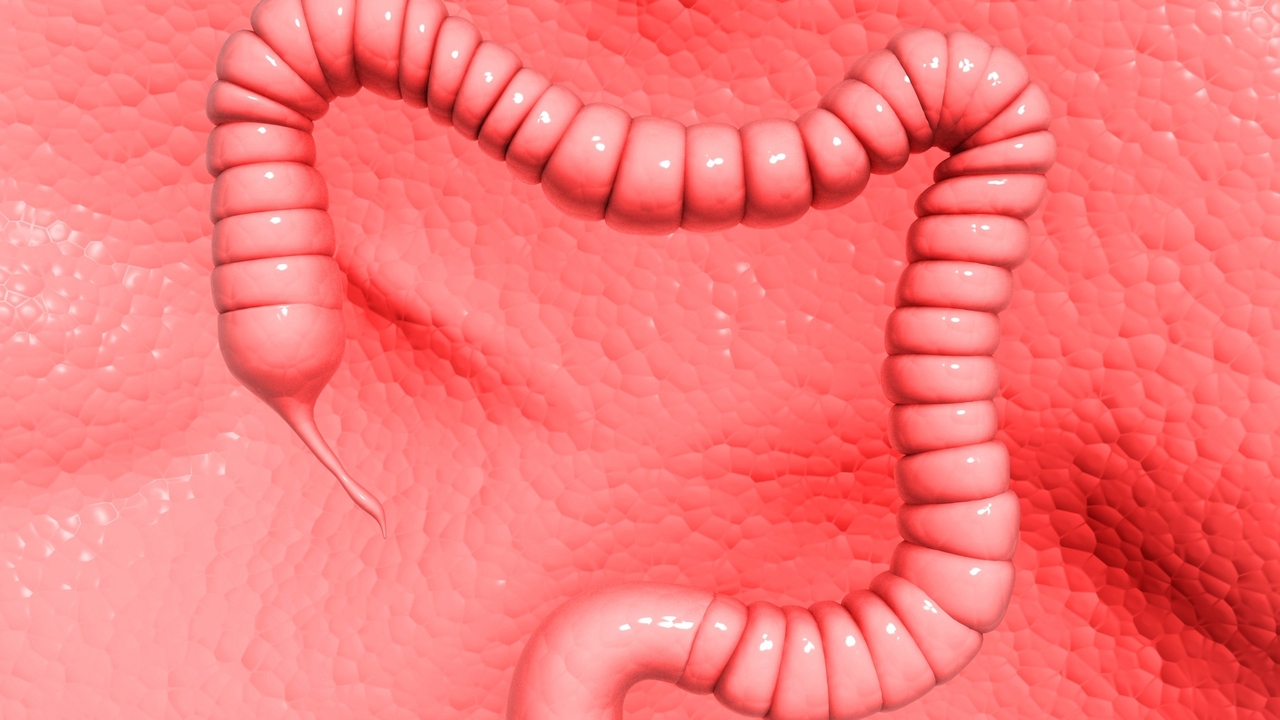Colorectal cancer (CRC) is the third most common cancer in the United States. Most of these cancers begin as a polyp, which is a growth of tissue that starts in the lining and extends into the center of the colon or rectum. An adenoma is a type of polyp which can become cancerous. Early removal of a polyp may prevent advancement of this stage. (1)
At the October 2009 American Society of Human Genetics 59th Annual Meeting, Kari G. Rabe, MS, presented the results of a multi-institutional study of parent-offspring pairs with colorectal cancer. Ms. Rabe, who is associated with the Mayo Clinic College of Medicine in Rochester, Minnesota, and her team of researchers found that in families in which a parent is diagnosed with CRC, the age of diagnosis for affected daughters of affected fathers is younger than for other parent-child pairings.
Some families met the criteria for hereditary CRC, which includes the occurrence of CRC in at least three family members, two generations affected by CRC, one affected person is a close relative, such as parent or sibling, of another affected person, and one relative who was diagnosed with CRC before the age of fifty. The researchers reviewed 2628 cases of parent-offspring CRC. Cases with documented syndromes, which were linked to gene mutations, were eliminated from the study. The final analysis was comprised of 2061 pairs.
The age of diagnosis was compared. In father-offspring pairs, the mean age was 53.7 while in mother-offspring pairs, the average age was 55.8 years. The age of affected daughters of affected fathers was 52.3 years on average. The median age of affected sons of affected fathers was 55.1 years of age.
"This is the first report of something odd like this", states Ms. Rabe. She offers three possibilities: an imprinted gene on the X chromosome, an imprinted gene on a sex-specific pathway, such as an estrogen pathway, or an X-linked gene that is unmasked by inactivation of the maternal X chromosome in colonic tissue. Imprinting is involved in many genetic diseases in which the effect of the same gene depends on its parent of origin. However, until the findings of this analysis were discovered, imprinting was not known to be affected by the gender of the offspring. Some sociological factors could affect daughters being screened and diagnosed earlier than sons.
"The concept of a parental effect is becoming more and more interesting...There are groups that are starting to explore it for other genes", commented David Malkin, MD, session co-moderator. He continues,"... technologies now are more available to be able to do that kind of directional mapping... It's an interesting new direction." (2)
(1) wwww.cancer.org
(2) American Society of Human Genetics 59th Annual Meeting Abstract 112 presented October 23, 2009
Maryann Gromisch is a registered nurse with clinical experience in medical, surgical, and critical care nursing. She has clinical experience in gastroenterology in a private practice setting.






Add a CommentComments
There are no comments yet. Be the first one and get the conversation started!